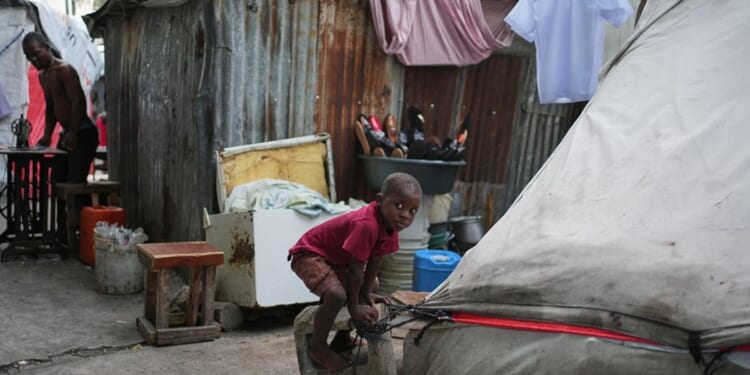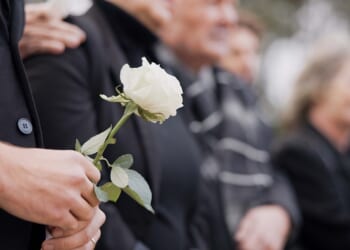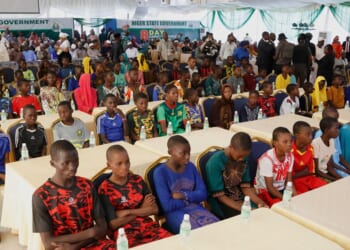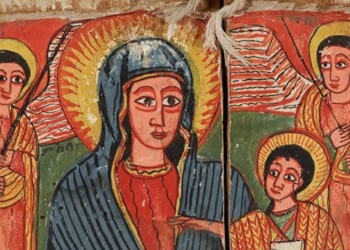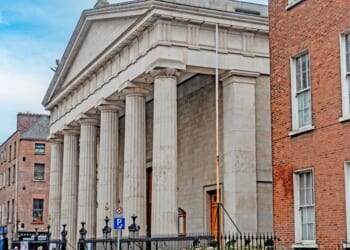ARMED violence has forced 1.4 million people to flee their homes in Haiti. More than half of them are children.
The figure was released last month by the UN’s International Organization for Migration, and marks the highest number of displaced people ever recorded for the country, representing a 36 per cent rise on 2024.
Haiti has been struggling with gang violence and political instability for years. Violence worsened after the assassination of President Jovenel Moïse nearly five years ago. Rival armed groups took control of Port-au-Prince earlier this year, forcing the Prime Minister, Ariel Henry, to resign.
An estimated 85 per cent of the capital is now controlled by armed gangs, but violence is now spreading beyond the city. Many civilians, particularly women and children, are fleeing to rural areas, and are living in precarious conditions with little access to humanitarian aid. A report from World Vision International says that, in some areas, the number of internally displaced people is leading to local tensions. It refers to people who are living in schools in the Central Plateau and who have received threats to make them leave.
One refugee, Jerda, said: “I live in a school. The people in the area want to chase us away now that school is starting again. I have five children, whose father was killed by gangs.”
World Vision has documented some of the displaced people’s stories, on the basis of 102 interviews with residents of temporary shelters. Haiti currently has about 242 of these.
Most of the interviewees — 92 per cent — said that they had fled their homes because of violence. They now face a lack of safe accommodation, a lack of clean water for drinking, and a health system close to collapse. Nearly 87,000 cases of cholera have been reported in the past two years.
Despite fleeing for safety, two-thirds of the interviewees said that they continued to feel afraid. People living with disabilities are often left behind when communities have to flee, World Vision says.
The charity is working to deliver sanitation kits, money, and nutrition programmes for children, as well as psychological support.
The UN’s special representative in Haiti, Carlos Ruiz Massieu, said that the country’s challenges were “unprecedented”, and that the circumstances were “dire”. Mr Massieu said that gangs were using sexual violence systematically to spread fear and dominate communities.
The UN Security Council last month authorised a gang-suppression force, which will replace a smaller, understaffed, UN-backed mission led by Kenyan police. It will have a 12-month mandate, which the mission did not have, to arrest suspected gang members. Haiti’s transitional presidential council has to hold a General Election before next February.
From January to June, more than 3100 people were reported killed, and an additional 1100 were reported injured, in Haiti, according to UN figures.

